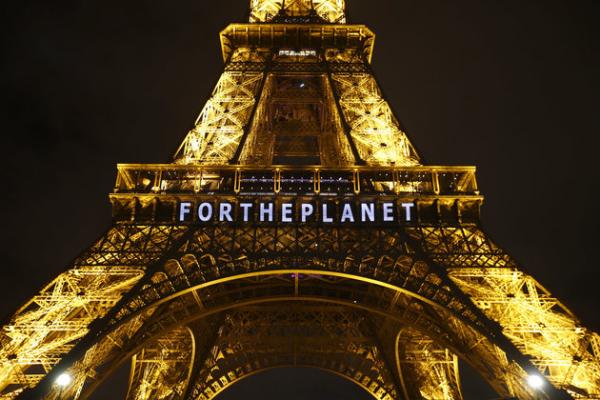
Non-Ideal Climate Justice: Global Inequality, the Paris Agreement, and the Limits of the Feasible
Political philosophers have brought ideal theories of justice to the problem of climate change and defended positions regarding historic responsibility, the equitable sharing of emission cuts and duties to provide aid for adaptation. On the other hand, the world has spent twenty-five years negotiating multilateral environmental agreements and climate governance architectures that have failed to abate rising global GHG emissions. In spite of this, last year in Paris 196 countries for the first time agreed to a universal MEA on climate change, including the creation of a governance architecture of voluntary pledge and review combined with procedural norms of transparency and accountability.
How equitable is this new agreement and architecture? Was agreement only possible by sacrificing equity? What should both philosophers working with ideal theories of justice and vulnerable groups and activists making claims of justice think of the history of climate negotiations and the recent success in Paris? Do they represent a continued failure of reality to meet theories and principles of justice? Or do efforts to address climate change teach us something about how we should do political philosophy and how we should think about what counts as global justice?
9:00a - 10:30a - Session 1: Equity and justice in the Paris framework
- Dan Bodansky (Law, Arizona State)
- Idil Boran (Philosophy, York University)
- Via Skype, Andrew Light (Former Senior Climate Change Negotiator, U.S. Department of State; Philosophy, George Mason; World Resources Institute)
11:00a - 12:30p - Session 2: Climate justice, global politics
- Donald A. Brown (Law, Widener)
- Via Skype, Maxine Burkett (Law, Hawaii)
- Sonja Klinsky (School of Sustainability, Arizona State)
- Kenneth Shockley (Philosophy, Colorado State)
